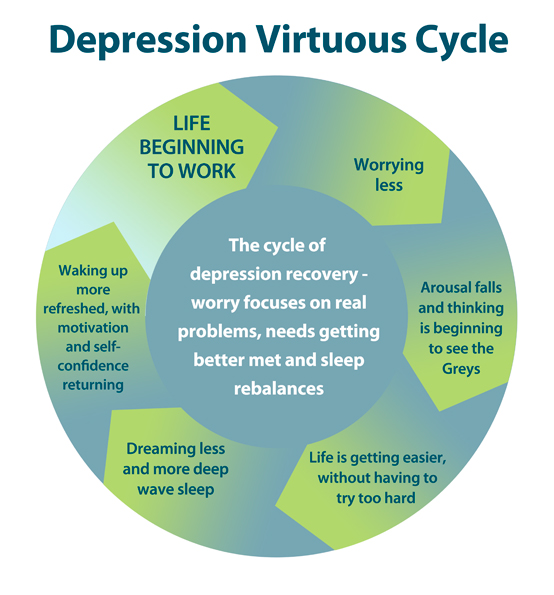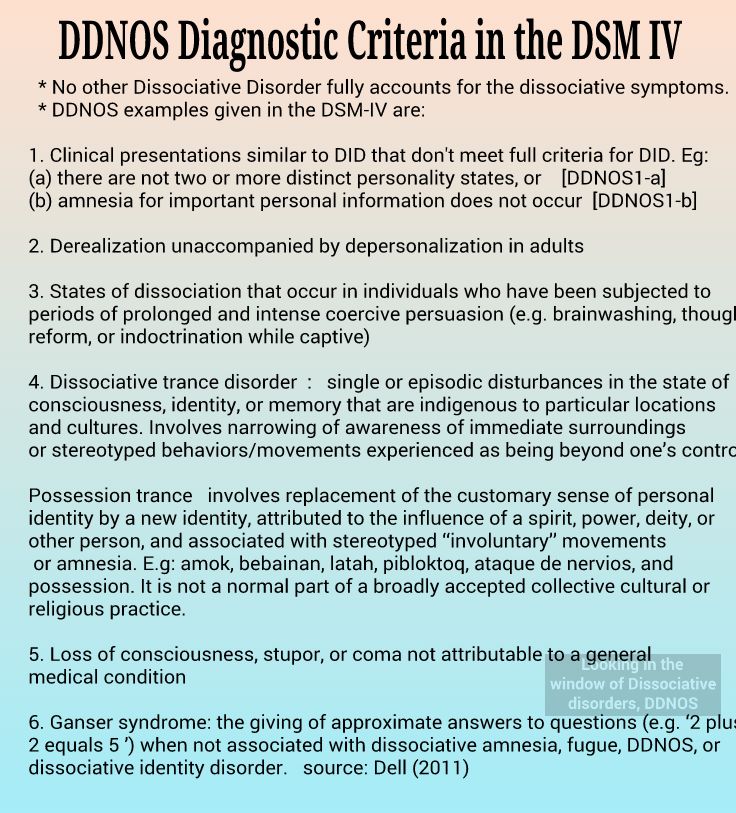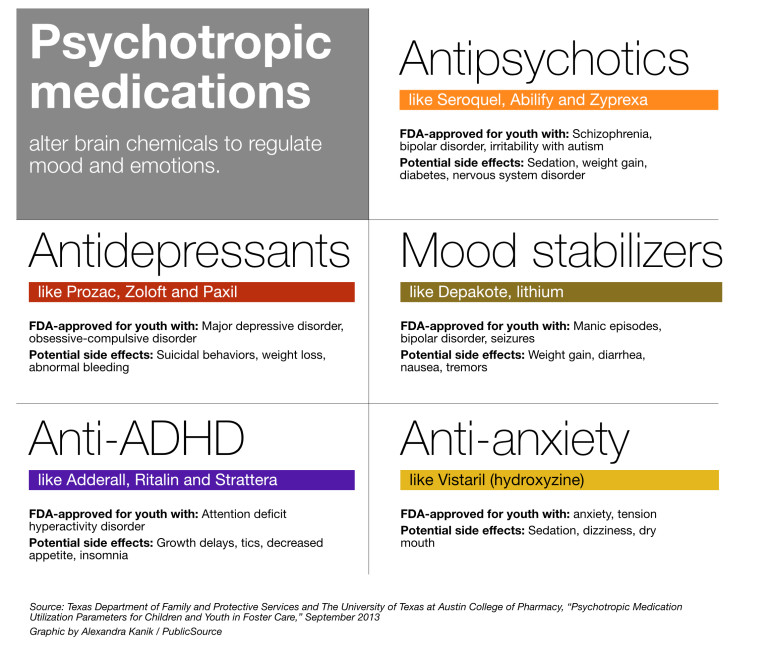Why second marriages fail
9 Reasons Why Second Marriages End in Divorce
Statistics show that in the United States, 50% percent of first-time marriages, 67% of second marriages, and 74% of third marriages end in divorce. Yikes, that sure sounds bleak.
But, why is this? You’d think one would get ‘better’ at the whole marriage thing with more practice. And whatever happened to third time’s a charm?
With each waltz down the aisle, surely the bride and groom both think- “this time I got it right, this is the real thing, this is unshakable, this the marriage that will beat all odds..”
But even if you picked right, sadly the deck is stacked against you from the get-go.
Turns out, there are many reasons why second and third marriages fail.
If you are contemplating remarriage, be aware of these stumbling blocks. And when/if you find yourself up against one, know that with patience, understanding, communication, hard work, and love, you can overcome!
1. Been There, Done That, and SurvivedIf someone has been through a divorce once before, and knows they can make it through this tragic, life-altering ordeal, then maybe they are less terrified of going through it again when the sh$t hits the fan.
The thought process might be “I’ve done it once, lived to the tell the tale, and can survive it….again.”
They may also be more inclined to run at the first sign of trouble.
So, it’s not that one gets better at marriage with every marriage, it’s that one gets better at divorce with every marriage.
2. Divorce BaggageHaving been through a wrenching emotional experience, one might be wary of fully opening their heart to a new love.
Someone may think they are over their divorce, but deep down, at the subconscious level, their wounds are still raw.
A fear of intimacy- getting too close- leaves them scared of giving their all. Vulnerability reminds them of the pain from the divorce.
Always expecting the worst, being a ‘Debbie Downer’, with doomsday around every corner is not healthy for the new relationship. A glass-half-full attitude can become a self-fulfilling prophecy.
Carrying the same emotional baggage, and pain, from one relationship to another is poisonous.
Sometimes divorcees get TOO set in their ways of independence, especially if they have been divorced for a long while.
If someone is not willing to fully merge their life with yours, the marriage will be difficult to sustain.
Make sure everyone going into the new marriage is emotionally healed, and healthy, and really ready for a fresh start.
3. Marrying for The Wrong ReasonsFeeling lonely, or feeling like one just can’t hack it on their own, can lead to hasty decisions. Reentering into coupledom, without clearly thinking things through in a mature manner, sets a marriage up for failure.
Rebounding is quite common, as the attention from another suitor can be very intoxicating, like an addictive drug. Running from one relationship to another, without giving it proper time and assessment is dangerous.
Once the infatuation wanes, the reality of the relationship may not be as rosy without those rose-colored glasses.
4. Not Enough Time Spent Getting to Know Someone
Not Enough Time Spent Getting to Know SomeoneIt’s important to get to know someone in ALL aspects of life before marrying them.
No one is always the best version of themselves, and it’s important to see someone when they aren’t – see how they handle stress, criticism, bad luck, tough times, rejection, and failure. How are problems dealt with as a couple?
No wonder most couples from the hit show The Bachelor/The Bachelorette break up. It’s pretty easy to love someone when it’s all roses, champagne, and rainbows.
Without taking the time to see the whole person – the good, the bad, and the ugly – one won’t get the chance to properly evaluate their new mate before making a major life decision, i.e. marriage. This applies equally to first marriages and every marriage after.
Taking the slow (dating) boat is the only way to make a truly informed decision.
5.In a new relationship? Check out 24 (Essential) Rules for Dating After Divorce.
 Kids as the Common Glue
Kids as the Common GluePerhaps the cement holding a 2nd/3rd/4th marriage together isn’t as strong. Marriage, historically and as an institution, was mainly intended as a structure for raising offspring.
Since most subsequent marriages do not produce children, there is no common glue binding them together.
Couples won’t be as inclined to ‘work it out, for the children’s sake’ when things get rough. Many often sacrifice their own happiness and stay in a (first) marriage way past its expiration date. Everyone knows at least one couple who waited until the kids left off to college to divorce.
As hard as kids are to raise, and as tough as they can be on their parents, they act as a stabilizing influence in marriage.
Furthermore, without children in common, the element of family is not as fundamental. So, the desire to keep the family together is not as strong.
Simply put, there is less at stake in allowing a marriage to dissolve when little children hearts aren’t a factor.
While children act as binding agents in first marriages (even rocky ones), stepchildren are often the dissolving agents in subsequent ones
Children from a prior marriage make subsequent marriages even more complicated. The more children the more complications.
Learning to live with other people’s children isn’t easy, I can barely live with my own on days when they are just being little hellions. I can’t imagine living with someone else’s snarky, PMS-y teen girl, let alone my own.
Plus, children often harbor resentment for their parent’s new spouse and will go out of their way to make things difficult.
Children heal from divorce at different rates, some faster and easier than others. Many fantasize about their parents getting back to together for years.
They mourn the loss of their family and often aren’t welcoming to new step-parents or step-siblings. They view them as obstacles to mommy and daddy getting back together.
Furthermore, stepparents do not have the power to be a disciplinarian and find themselves in the difficult position of having to bite their tongues. They often feel walked upon by their partner’s children, disrespected in their own home, with not much they can do about it.
It takes patience, time, and intense communication to make the new, blended family run at some semblance of smoothly.
7. The Ex-FactorRelated: Stepping into Step-Parenting (Struggles, Boundaries, Advice)
Then there are exes to cooperate with.
So basically, as more and more characters join the blended family, the crazier the circus gets. Juggling these relationships can cause problems and generate animosities, further complicating the new family dynamic.
And while some exes are thrilled to see their ex enter a new marriage—especially if it ends their alimony payments – some are sad, seething, and still feel betrayed.
Some angry exes continue to drag their ex-spouse back to court for various (often petty) reasons long after the divorce is final, just because they can.
Some exes may thrive on attempting to sabotage your new relationship every chance they get. These off-the-wall, ill-intended actions do cause serious emotional and financial strife in the new marriage.
Even worse, they may use children as a ploy in combat against you and your new partner …yes – it’s very sad, and yes – very stressful.
8. Money MattersIf my ex sounds at all like yours, you should definitely give this a read: How to be in the Same Room with an Ex You Loathe
Money is often an issue in first marriages but becomes even more pronounced in second/third marriages due to child support and spousal maintenance payments.
Money and resentment go hand in hand in second/subsequent marriages, and can especially feel the strain when money is tight. And issues only compound when bringing in debts.
As individuals, we all have our own philosophies on money: saving vs. spending.
Money matters tend to bring out a lot of ‘feeling’ in people.
Maybe one spouse feels like they are fronting the bill for most of their lifestyle because much of their new spouse’s money is going toward child rearing expenses for children that aren’t theirs, and aren’t particularly pleasant, and surely aren’t appreciative.
A new wife might feel bitter that her new husband is paying what she considers an exorbitant amount in spousal support to his ex-wife. A newly wed bride may feel resentful that now, because of her new marriage, she must forfeit her alimony. One ex may feel like they pay too much in support, while the other ex feels that they are paid too little.
Even if money isn’t especially tight, money still has an influence. If wife of marriage present wants to take an African Glamping Safari but can’t because hubby must keep sending those hefty checks to wife of marriage past, she’ll probably get a bit pouty when she must settle for state-side camping instead.
And even if money is bountiful, there can still be issues. For example: Contemplating early retirement? No can do hubby number two- wife number one won’t allow for it, she demands those payments- sorry new wife.
People are just weird about money, and divorce seems to make people even weirder about it.
9. Complicated Family Matters & In-Law SituationsIn-laws, and extended family in general, are difficult enough. In-Law relations, family past and present, become especially challenging in subsequent marriages, particularly when both spouses bring children into the new marriage.
The cast of characters would include husband’s parents, wife’s parents, husband’s ex’s parents, and wife’s ex’s parents… then throw in a few shady cousins, weird uncles, and obnoxious aunts. Whose house do you go to for Christmas?
Then, two of these in-law couples could be divorced as well, adding yet another pair of in-laws. Like cells they just keep breaking off, replicating, and expanding.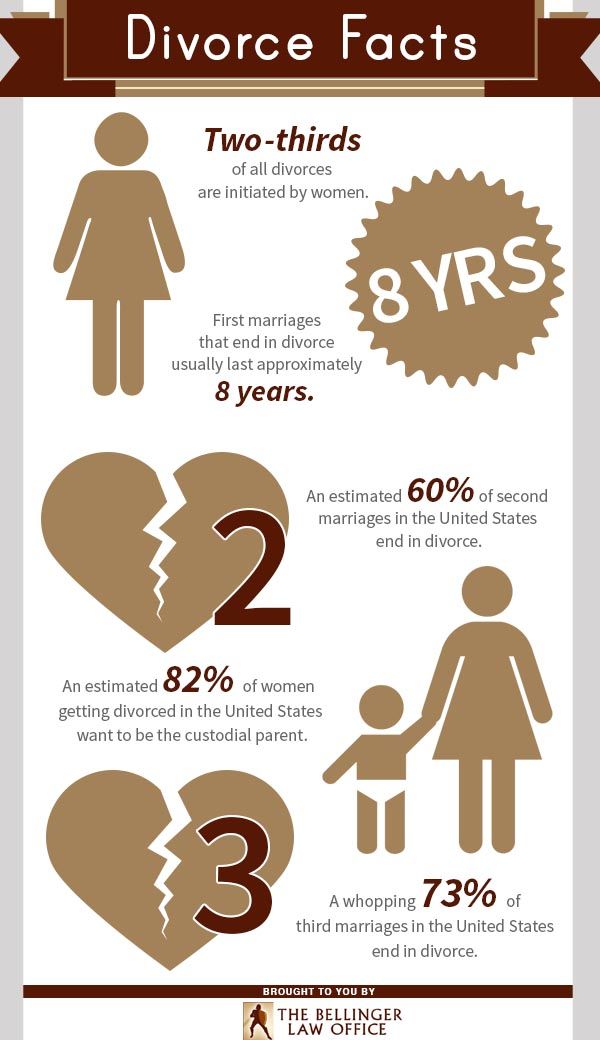 If one of the spouses in a third marriage has children from their previous two marriages, the mathematic variation of potential extended-family complications just expands.
If one of the spouses in a third marriage has children from their previous two marriages, the mathematic variation of potential extended-family complications just expands.
If you are contemplating re-marriage, it’s best to go in bright-eyed and but also with your eyes opened wide. Be wary of these many pitfalls and deal with any issues head on.
Be aware, be communicative, and be patient. You CAN be a success story! Break the wheel! Skew the statistics!
Why Second Marriages Are Even More Likely to End in Divorce
Arizona’s Sarah Carter* had high hopes when she said “I do” the second time around. After a short first marriage, she was a single working mother with two young kids when she married hubby number two. He looked great on paper: A handsome and intelligent engineer, he was fun to be with, especially when they traveled. Sadly, their marriage broke up after eleven years.
Whether divorced or widowed, many brides and grooms, like Carter, see a second marriage as a second chance for happiness. In fact, thanks to pent up post-Covid demand, more couples walked down the aisle in the US last year than in the past 35 years, for a record 2.5 million weddings, according to research firm The Wedding Report. Of those, about 21 percent involved both spouses marrying for the second time.
In fact, thanks to pent up post-Covid demand, more couples walked down the aisle in the US last year than in the past 35 years, for a record 2.5 million weddings, according to research firm The Wedding Report. Of those, about 21 percent involved both spouses marrying for the second time.
So, are things better the second time around? Often, they’re not. According to available Census data, the divorce rate for second marriages in the United States is more than 60% compared to the not inconsiderable 50% for first ones.
Second marriages often break up because there are more elements to balance.So, why doesn’t practice make a more perfect union? Wouldn’t things be better the second time around, after some soul-searching and with the benefit of more experience and maturity?
For all the joys second marriages offer, they come with their own challenges, chief among them the melding of finances and families, along with the ability to communicate honestly about both. Carter’s experience was typical of failed second marriages in that regard. In addition to not contributing to the marriage financially, Husband No. 2 wanted nothing to do with her family and just wanted to be alone with her. “My kids were 12 and 13 but he never made an attempt to blend my kids with his,” she says. "He just didn’t step up to the responsibilities of our joint everyday life." Her experience was not uncommon. According to National Center for Health Statistics data, women who brought children into their second marriages — about 40 percent of them — were more likely to see them fail within a decade.
Carter’s experience was typical of failed second marriages in that regard. In addition to not contributing to the marriage financially, Husband No. 2 wanted nothing to do with her family and just wanted to be alone with her. “My kids were 12 and 13 but he never made an attempt to blend my kids with his,” she says. "He just didn’t step up to the responsibilities of our joint everyday life." Her experience was not uncommon. According to National Center for Health Statistics data, women who brought children into their second marriages — about 40 percent of them — were more likely to see them fail within a decade.
Even though Carter knew what marriage entailed, she still went into her second marriage with blind spots. “It wasn’t just one thing that made it not work — it was a bunch of different things — but the lack of communication ahead of time certainly didn’t help,” she says. “I think you have to talk about things first, like finances, who’s going to pay the bills and how you are going to support yourselves. I never talked about money beforehand.”
I never talked about money beforehand.”
In Jenny Matthews’s* 12-year second marriage, her husband contributed equally to household expenses and they were able to manage life with four kids and two ex-spouses. What the California mom didn’t realize until a year or so into the marriage was that her second husband was bipolar; things were great in the beginning because he was on his meds and in therapy, she explains. But when he stopped both, he insisted they get a divorce. Matthews loved him and would have stayed in the marriage but felt she couldn’t communicate honestly with him. “When things were good with him, I didn’t want to rock the boat,” she explains, “but when things weren’t I didn’t want to add to his troubles.” When he stopped therapy and meds, she felt she had no choice but to leave.
After marriage number two broke up, Matthews went to see a therapist in the hopes of not repeating the same mistakes with a future number three. “Part of what I learned, as silly as it seems, is that you need to make an exhaustive list of what is most important to you in a partner,” she says. “Then pare it down to your top five attributes and don’t settle for anyone who doesn’t have them all.” Number one on her list is communication or “having the ability to say what’s on your mind and knowing that a partner will embrace that honesty with an open mind.”
“Then pare it down to your top five attributes and don’t settle for anyone who doesn’t have them all.” Number one on her list is communication or “having the ability to say what’s on your mind and knowing that a partner will embrace that honesty with an open mind.”
Related Story
- My Husband Refused a Vasectomy, So We Divorced
After a brief first marriage — full of lots of love, she says, but also many arguments and zero conflict-resolution skills — clinical psychologist Dr. Cheryl Fraser of British Columbia, Canada realized that good intentions and vows you mean in the moment weren’t enough to take a marriage the distance if you don’t have the necessary self-awareness and interpersonal skills. “We should sue Walt Disney with its ‘happy ever after’ myth,” she says. “It doesn’t mean that we can’t be happy ever after but rather that happiness has to be created. ”
”
The second time around Dr. Fraser looked for — and found — someone with more maturity “who could weather the storms and not run away from conflict.” She also let go of the popular assumption that if it was the right person, everything would be easy. “Marriage can be hard work,” she says. “It doesn’t mean you’re in the wrong relationship.” We all marry the wrong person if we expect them to make us happy all the time, she says, because no one can live up to the subconscious template of the ideal partner, especially when real-world issues like paying alimony and dealing with exes and kids come up.
Holly Davis, a matrimonial lawyer in Austin, TX who is in a happy second marriage, has seen these relationships from both sides of the conference table. So why does she think the failure rate is higher the second time around? “I think people are not doing the work they need to do between the first and second marriage in order not to carry the same mistakes with them into the second,” says Davis.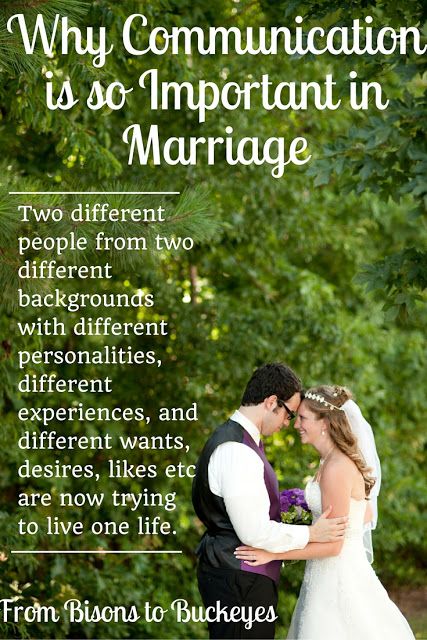 Like Fraser, she believes that people aren’t taking responsibility for their role in the failure of the first. “It’s all the ex-spouse’s fault, so many people think. But marriage is the work of two people and so your breakup has to do with you, too.” People also aren’t identifying what they want very well, she adds, unlike Matthews with her “top five” above.
Like Fraser, she believes that people aren’t taking responsibility for their role in the failure of the first. “It’s all the ex-spouse’s fault, so many people think. But marriage is the work of two people and so your breakup has to do with you, too.” People also aren’t identifying what they want very well, she adds, unlike Matthews with her “top five” above.
I think people are not doing the work they need to do between the first and second marriage.
Still, second marriages do have certain strengths, says James Miller, a Ft. Lauderdale, FL psychotherapist. “Unlike in many first marriages, people often know what they want from a second marriage and partner,” he says. They also tend to be more mindful of "yellow flags” and so, “when a situation seems off, people in a second marriage are quicker to bring it to attention.” That allows them to mitigate a problem before it escalates, he says.
Ideally, the participants bring a bit more wisdom to their second marriage. Having gone through a divorce, they don’t want another and are less likely to let the marriage go without a fight, says Dr. Fraser. “With a bit more maturity, you realize that there are usually two points of view.”
Having gone through a divorce, they don’t want another and are less likely to let the marriage go without a fight, says Dr. Fraser. “With a bit more maturity, you realize that there are usually two points of view.”
So does the whole Brady Bunch myth live only in TV reruns? Happily, no. At the time of her second marriage, New York’s Debbie Gabel and her husband, both divorced and now happily married 26 years, brought together four children under ten. Her advice to those who are hoping for a similarly happy, long term second marriage? “Take what you learned in the first one, both the good and the bad and try to move forward,” Gabel says. “It takes two people to break up a marriage — and it takes two people to make it work. I worked harder with the second than the first and tried to learn from the first.”
Gabel also advises that in second marriages with kids, “Make sure you have alone time together with your spouse and don’t make it all about the children. ” In her case, she and her husband did have that child-free time. (“It was almost like dating.”) They synced their custody weekends so they had all four kids on one and none the next. They would also vacation both alone and with all four kids. “What I am most proud of,” she says, “is that all four grown children are still very close and love and support each other.”
” In her case, she and her husband did have that child-free time. (“It was almost like dating.”) They synced their custody weekends so they had all four kids on one and none the next. They would also vacation both alone and with all four kids. “What I am most proud of,” she says, “is that all four grown children are still very close and love and support each other.”
Related Story
- I Love Not Living With My Long-Term Partner
Lisa Beck of Connecticut had a very happy four-year marriage to her second husband, until he died unexpectedly. In Beck’s case, one challenge was that her three kids were older and at different stages than her husband’s. “We all bring baggage to a second marriage,” she notes. “As my husband used to say, I had a carry-on and he had steamer trunks — younger kids who weren’t yet launched.” Her advice? “So much is common sense. You need a super high level of communication regarding parenting styles and what you expect from a person as a stepparent if there are kids, the division of labor, how you’re going to handle finances and so on,” she says. “Also, you need to be flexible, have respect for your new mate, and not be judgmental — and try to keep your mouth shut if a situation with their kids or an ex doesn’t affect you.”
“Also, you need to be flexible, have respect for your new mate, and not be judgmental — and try to keep your mouth shut if a situation with their kids or an ex doesn’t affect you.”
So is the third time the charm when it comes to marriage? Neither Carter or Matthews have given up hope and are open to marriage number three, even though the failure rate for those unions is a whopping 74 percent. “I believe in love,” Matthews says. “I miss having that person to share my life with when not in a relationship.” She is currently living with her boyfriend who, she says, “has all my top five criteria.”
Happy Ever After Second Marriage Hacks
Want to increase the chances of your second marriage going the distance? Our experts suggest the following:
Ditch unrealistic expectations. Don’t anticipate perfection the second time around. “Marriage is still work and if anything, there are even more responsibilities this time, says Davis.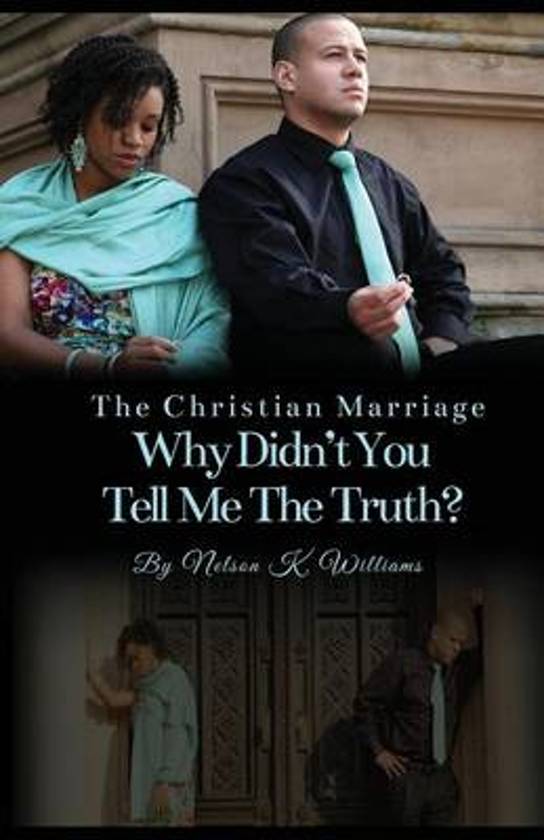 ” Many couples have a very naïve view of what a marriage should be, she adds. “People should take heart when they’re struggling. It doesn’t mean that your marriage is broken or you’re with the wrong person. It means that you’re in a real relationship, for better or worse.”
” Many couples have a very naïve view of what a marriage should be, she adds. “People should take heart when they’re struggling. It doesn’t mean that your marriage is broken or you’re with the wrong person. It means that you’re in a real relationship, for better or worse.”
Consider therapy — both for yourself in trying to understand what went wrong in marriage number one and/or together with spouse number two. “There’s a misconception that couples go to therapy only when having problems,” Miller says. A couple’s therapist can offer communication tools and conflict resolution techniques that can help prevent issues from escalating.
Own your past mistakes to prevent future ones. “Work on developing enough self-awareness to understand the failure of a first marriage is partly your fault as well,” Dr. Fraser says. “Changing the person doesn’t mean you’re necessarily changing the patterns you’re bringing in.”
Get the differences out in the open. “When couples don’t communicate enough about their differences and then disagree, they may freak out instead of seeing this as something they can work through,” Davis says.
“When couples don’t communicate enough about their differences and then disagree, they may freak out instead of seeing this as something they can work through,” Davis says.
Make “love” a verb. Work on cultivating the ability to fall in love over and over again with the one you’re with,” suggests Dr. Fraser. “And work on not taking them for granted.”
Be respectful about your ex if you co-parent. “If you can be mature and have appreciation for your past relationship, your kids will see that and trust your parenting and your choice to divorce,” says Davis. Aim to create stability within the four walls of your own home, she adds. “When you’re angry and resentful, it causes so many problems for your kids. Being stable for the kids creates a greater likelihood the second marriage will succeed.”
Take it slow. “Ideally you should give yourself at least a year to process what the heck happened back there before marrying again,” Davis says.
*Names and identifying details have been changed to protect privacy.
Related Stories
- I Thought I'd Never Find Love After Divorce
- 12 Dating-After-Divorce Tips That Actually Work
Laurie Yarnell
Freelance journalist and essayist Laurie Yarnell created the popular “Embedded in the ‘Burbs” for NBC’s iVillage back when no one even knew what a blog was. Her work has also appeared in The New York Times, The Journal News, MSN, Yahoo, Merriam-Webster, Maria Shriver’s Sunday Paper, Town & Country, Esquire, Westchester Magazine, Hudson Valley Magazine, Grown and Flown, and Have Faith Will Parent, among others. Yarnell has been interviewed on The Today Show, WNBC-TV's News 4 U, Channel 12 News, and the nationally syndicated ChickChat radio show. She lives in a formerly empty nest in suburban NY with her husband, some of their kids (it depends), two Labs and assorted fragile fish.
Why do second marriages often end in divorce?
43,263
DivorceRelationship crisisMan and woman
Of course, “every unhappy family is unhappy in its own way,” but experts identify seven reasons why remarriages break up.
1. Communication with former
“Many people get married when the first relationship is not over. Communication between spouses continues, this undermines trust in a new marriage, ”explains psychotherapist Kurt Smith.
2. Financial disputes
“In the first marriage, the spouses have a joint budget and common financial goals, in subsequent marriages there are more significant assets. They may have personal financial goals that they worked towards before marriage that they don't want to give up. Money in the second and subsequent marriages is perhaps the main reason for disagreement. Spouses often break up due to financial conflicts, ”says family consultant Aaron Anderson.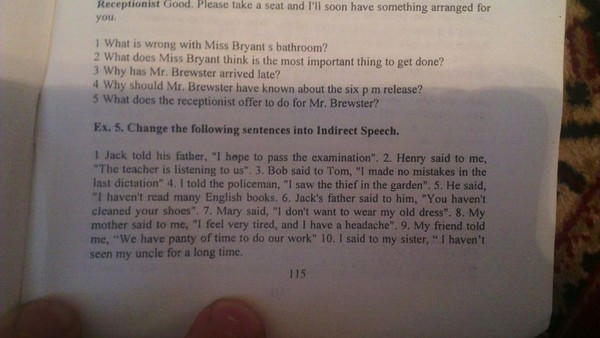
3. Refusal of specialist assistance
“Those who are entering into a second marriage need specialist advice. He will ask questions that need to be answered before the wedding, so you will better understand your motives and get an idea of the difficulties that may arise, ”says Tina Tesina, a psychotherapist.
4. No joint property
“In a second marriage, people often live in the territory of one of the spouses. They know how difficult it is to divide common property in a divorce. In the event of a quarrel, one of the partners takes his things and leaves, a second divorce is not as scary as the first time, ”says family therapist Virginia Gilbert.
5. Expectations too high
“Many run away from a spouse in whom they see only flaws. When the euphoria wears off, similar problems arise. Expectations from a second marriage are often high, and the couple does not stand the test of family life, ”says psychologist Alicia Clark.
6.
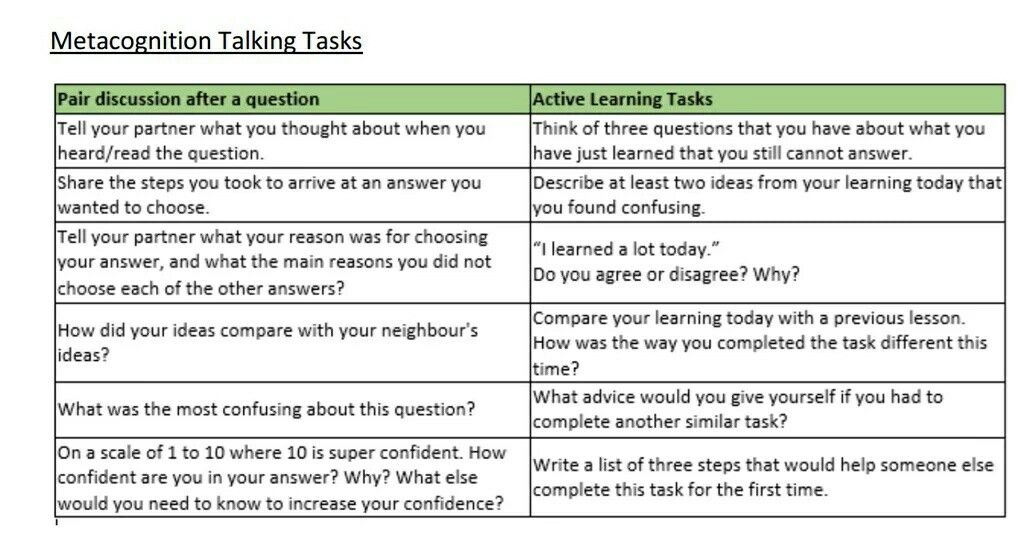 Repeating the mistakes of the past
Repeating the mistakes of the past “We want to forget the past, but we will repeat the mistakes until we analyze the history and learn about the partner's past. Only by starting to talk about everything that happened, we will better understand each other and get rid of feelings of guilt, fear and jealousy towards former spouses. We will understand what is similar with the spouse, and what is not, find out what he dreams about and what he believes in. Acquaintance with the past helps to recognize problems and not repeat them in a new marriage, ”says Tina Tesina.
7. Children
“People expect love and romance, but from the first marriages partners have children who live with their parents permanently or part of the time. The presence of children in one of the spouses implies the emergence of additional responsibilities for the other: take the child home to the second parent or pick him up from there, arrange a joint vacation, do homework with the stepson, make a fancy dress for the stepdaughter or play football with the children. Children take up a lot of time, and you may not have the opportunity to be alone, ”comments Aaron Anderson.
Children take up a lot of time, and you may not have the opportunity to be alone, ”comments Aaron Anderson.
The arguments given by the experts are convincing. However, many are truly happy only in the second, third or even fourth marriage. It's up to you to decide.
Source: The Huffington Post.
Text: Alexandra Galimova Photo Source: Getty Images
New on the site
“I returned to my father’s house and became a slave and maid for my mother”
11 books of varying degrees of therapeutic value that can be bought at the non/fiction fair
The acrasia effect: what and how makes us act contrary to common sense
Speak out loud and play associations: 5 effective ways to remember everything - scientific recommendations
Taking care of the soul and body
almost beat me up”
“My friends say I find fault and give unsolicited advice. What's wrong with that?
Are you together out of love or out of fear of being alone? Simple checklist
Does a second marriage have more chances?
13,395
Man and woman
If Oscar Wilde is right when he said that marriage is the main cause of divorce, then why do partners get involved in this adventure again? Approximately every fourth marriage in our country is repeated 1 . Does that mean hope wins over disappointment?
Does that mean hope wins over disappointment?
“Regardless of age and past relationship experience, every woman and every man needs to be loved,” says transactional analyst Ekaterina Ignatova. - Marriage gives hope that one of our main needs will be satisfied. Of course, it is difficult to start a relationship, fearing that they may end in failure. But those who think so simply do not reach the registry office. The motivation to remarry arises only at the moment when desire is stronger than anxiety. Ekaterina Ignatova believes that more often than others remarry (marry) either naive people who are convinced that the first union broke up solely through the fault of the partner, or those who managed to draw conclusions from the first failure.
“The first time I got married, I thought it would be for life,” says 36-year-old Anna. We had a daughter, whom my husband simply adored. But after five years we broke up. And in this divorce there was a lot of my fault. I was too demanding and did not realize that my adherence to principles was perceived as rude. I was careless towards my husband, did not understand him, got angry and in the end just hated him. I do not regret the breakup, but then I did not understand how much suffering it would bring to me and my daughter. I think that children are still better when their parents are together.”
I was careless towards my husband, did not understand him, got angry and in the end just hated him. I do not regret the breakup, but then I did not understand how much suffering it would bring to me and my daughter. I think that children are still better when their parents are together.”
“I'm not angry anymore”
Six years later, Anna got married again. This summer she gave birth to a son and confesses: “Now I am much happier, and I have many reasons to hold on to my happiness. I became more tolerant, more forgiving, less capricious. This does not mean that my high bar in family relationships has dropped. But I cherish the new family, I change in many ways - I have become gentler and calmer. My marriage isn't perfect and I know it never will be."
We enter into a second marriage with a better understanding of our own desires, more realistic
Well, it looks like second marriages can indeed be happier than the first, which was repeatedly noted by the founder of psychoanalysis, Sigmund Freud 2 . In the failure of the first marriage, he saw the trace of the female "archaic hostile reaction against the man." Indeed, even in large Russian families, the first marriage ends in 86% of cases on the initiative of women 3 . In most European countries, women also file for divorce in three out of four cases 4 . Including because they have the opportunity to live the way they think is right: for example, the main character of the film "Kramer vs. Kramer" (dir. R. Benton, 1979), played by Meryl Streep, leaves her husband to become herself.
In the failure of the first marriage, he saw the trace of the female "archaic hostile reaction against the man." Indeed, even in large Russian families, the first marriage ends in 86% of cases on the initiative of women 3 . In most European countries, women also file for divorce in three out of four cases 4 . Including because they have the opportunity to live the way they think is right: for example, the main character of the film "Kramer vs. Kramer" (dir. R. Benton, 1979), played by Meryl Streep, leaves her husband to become herself.
In the first marriage, women often feel that they have fallen into a trap. Sigmund Freud talks about the gap between expectation and reality, which makes life together unbearable. He writes about "the first and such strong attachment, when the first marriage is at the peak of love," about the "inevitable disappointments and accumulation of reasons for aggression" that destroy love. And he concludes: “As a rule, second marriages are much stronger” 5 .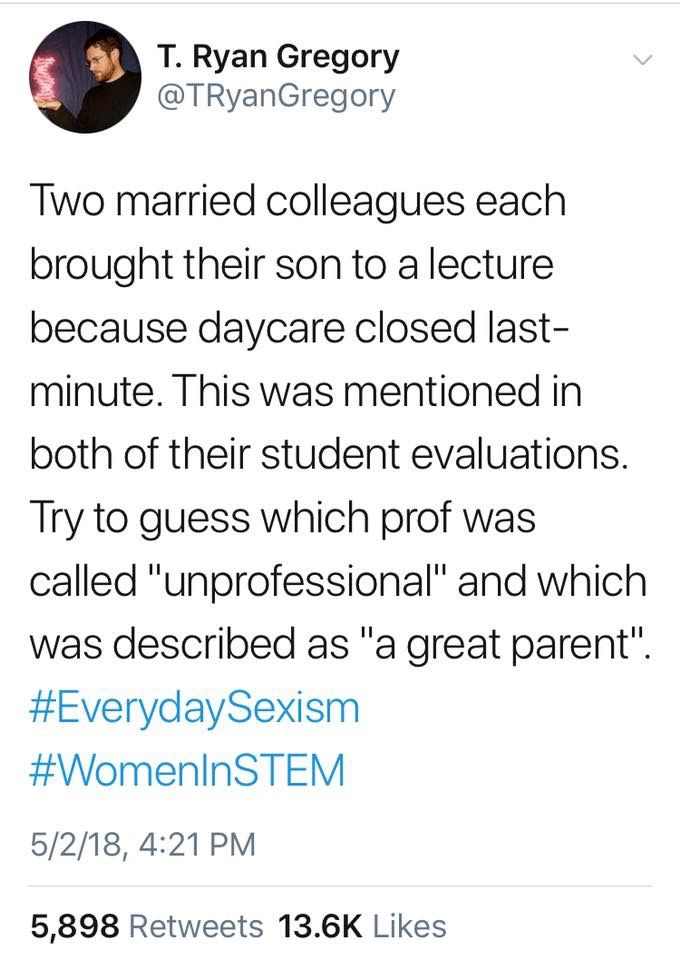
But how to keep the irresistible, how to keep a clear desire to have a family, passion and affection, when the relationship of two inevitably changes the birth of a child? “It didn’t work out for me,” admits Marina, 45, a mother of two. - I was in love with my first husband, but our marriage did not survive. We have drifted away from each other. Once I discovered that Pavel had a mistress for 10 years. I tried to forgive, and he tried to leave her, but nothing came of it. I have become a vicious vixen. And in the end she left him, and he wanted to continue to live in a cozy little world where he has a housewife with children and a mistress with whom he enjoys when there is time and money. We don’t live in the 19th century, I didn’t want to sacrifice myself at all!”
“I am an ideal mother for two weeks a month”
Marina confidently declares that in her first marriage, the main thing was the birth of children, and she wants to devote the second to relations with her husband. “After the divorce, I play the role of an ideal mother for two weeks a month,” continues Marina. - We had a period of contention and misunderstanding, but in the end Pavel and I managed to agree and we equally divided the time that the children spend with each of us. At first I was very resistant to this idea, but gradually I agreed that it was important for children to communicate with their father. I didn't expect this decision to change my life. I was finally able to take care of myself. The first year after the divorce, being alone, I simply did not know what to do. I slept, read, learned to walk just like that, and even went to the movies a couple of times.
“After the divorce, I play the role of an ideal mother for two weeks a month,” continues Marina. - We had a period of contention and misunderstanding, but in the end Pavel and I managed to agree and we equally divided the time that the children spend with each of us. At first I was very resistant to this idea, but gradually I agreed that it was important for children to communicate with their father. I didn't expect this decision to change my life. I was finally able to take care of myself. The first year after the divorce, being alone, I simply did not know what to do. I slept, read, learned to walk just like that, and even went to the movies a couple of times.
Somehow by chance I met an old friend. He was also divorced. We started an affair. We often met, but only in those weeks when the children did not live with me. Two years later, he proposed to me. I agreed on the condition that we keep our schedule. We are happy now."
There is nothing surprising in such a "rational" approach to marriage.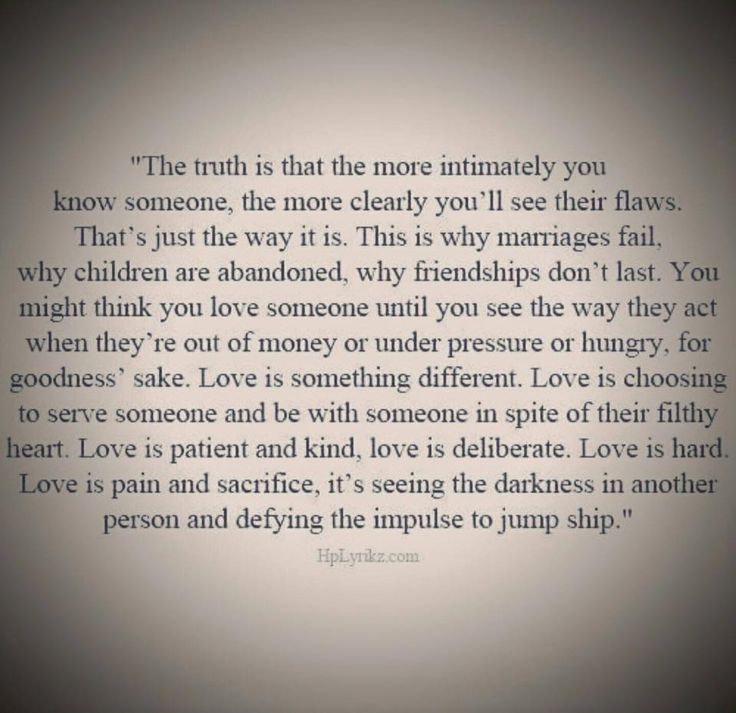 As the historian Philippe Aries recalls, for centuries love in its physical and passionate aspect existed outside of marriage 6 . The basis of family relations was childbearing and "reasonable", "restrained" love between spouses. It was only in the 18th century that the idea of reconciling passion and procreation appeared. In Anna Karenina, Leo Tolstoy described the Oblonsky family, in which the wife, Dolly, suffers from her husband's constant infidelities. He continues to love her, but is looking for entertainment with young women. The 20th century created a different image of the family, where spouses love each other like lovers. But for many couples, physical passion is incompatible with their parenting role. “When partners turn exclusively into parents, relationships are emasculated,” notes Ekaterina Ignatova, “and sex disappears first of all.” A second marriage for many is a chance to share the roles of lovers and parents.
As the historian Philippe Aries recalls, for centuries love in its physical and passionate aspect existed outside of marriage 6 . The basis of family relations was childbearing and "reasonable", "restrained" love between spouses. It was only in the 18th century that the idea of reconciling passion and procreation appeared. In Anna Karenina, Leo Tolstoy described the Oblonsky family, in which the wife, Dolly, suffers from her husband's constant infidelities. He continues to love her, but is looking for entertainment with young women. The 20th century created a different image of the family, where spouses love each other like lovers. But for many couples, physical passion is incompatible with their parenting role. “When partners turn exclusively into parents, relationships are emasculated,” notes Ekaterina Ignatova, “and sex disappears first of all.” A second marriage for many is a chance to share the roles of lovers and parents.
But children will appear in the second marriage.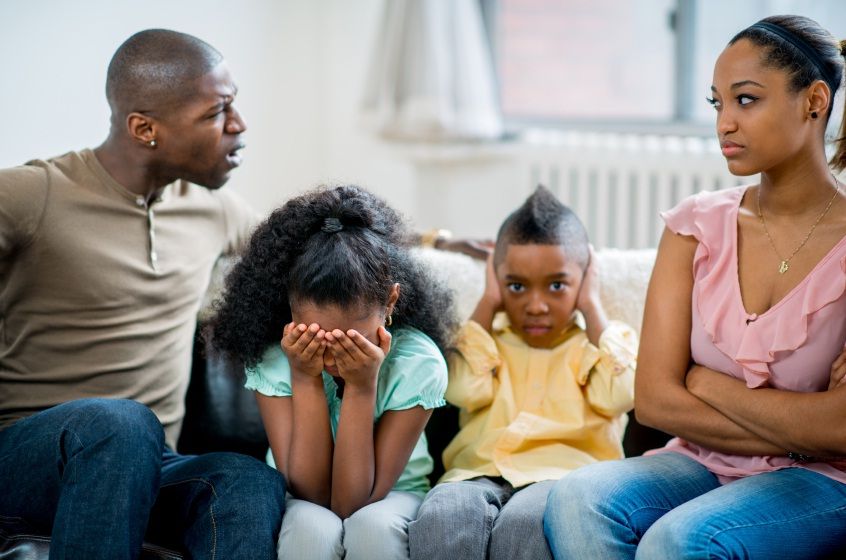 Does this mean that partners will endlessly fall into the same hopeless situations? Psychotherapist Jacques-Antoine Malarewicz is sure that this is not so. He emphasizes: “Even if partners need to sort out their past and resolve conflicts related to children from the first marriage, the second marriage is usually more stable. The couple have learned from the past and want to take advantage of what they've learned."
Does this mean that partners will endlessly fall into the same hopeless situations? Psychotherapist Jacques-Antoine Malarewicz is sure that this is not so. He emphasizes: “Even if partners need to sort out their past and resolve conflicts related to children from the first marriage, the second marriage is usually more stable. The couple have learned from the past and want to take advantage of what they've learned."
The first time they marry to create a family, a home, while the second marriage is a desire to connect with a partner
We enter into a second marriage better understanding our own desires, more realistic, agrees Ekaterina Ignatova. “We recognize that the world is not perfect. We are ready to fall in love not with a fictional image and not with our own reflection, but with a real other person, seeing and accepting not only his virtues, but also his shortcomings. We get the opportunity to make a choice in favor of a partner that suits us and, together with whom we can solve our problems at a new stage in our life path.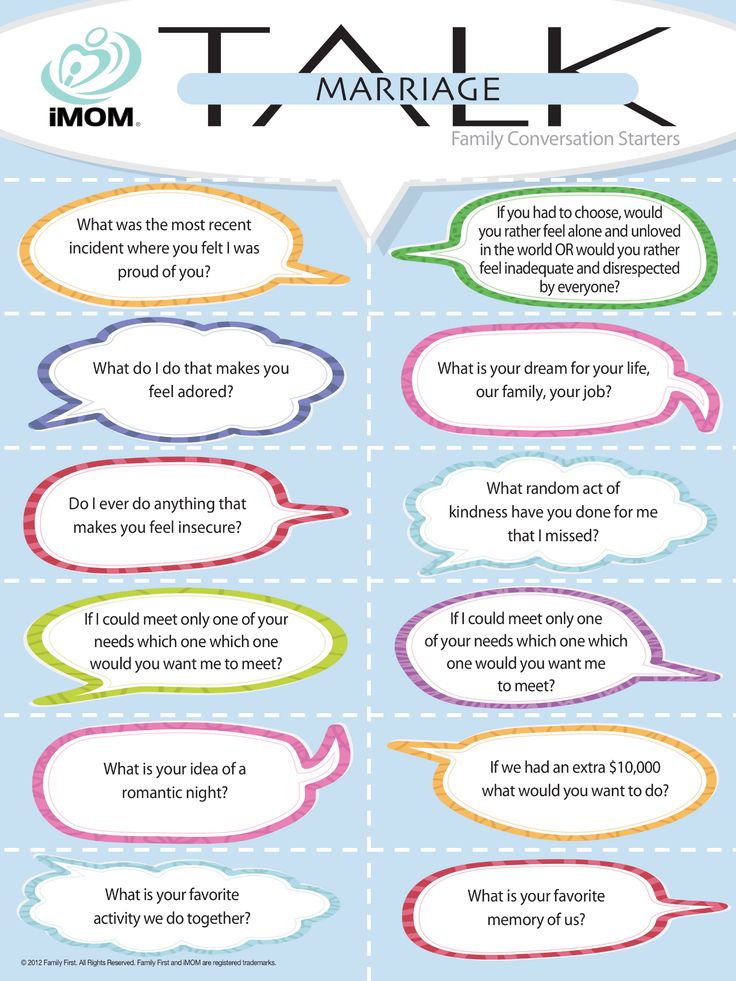
"We devote time only to each other"
“Igor and I have been thinking about what our wedding will be like for several months,” says 53-year-old Inessa. “We wanted it to be something special. We met six years ago and were like two lone wolves. I divorced in 2007, I had two children, and I was absolutely sure that I did not want to start a family again. Igor also had children, and he divorced his wife. There was clarity between us from the very beginning. Thanks to him, I learned what a real couple is, mutual support, what it means to complement each other. We arranged a ceremony in his country house, surrounded by our loved ones. This ritual made our union even stronger. We protect our relationship - we do not live together, so as not to mix the upbringing of children and marriage. Because of this, we often miss each other, but when we see each other, we belong only to each other. The word "we" governs everything we do."
First and second marriages have different meanings, says psychoanalyst Fabien Kremer: “The first marriage is to create a family, a home, while the second marriage is the desire to connect with a partner.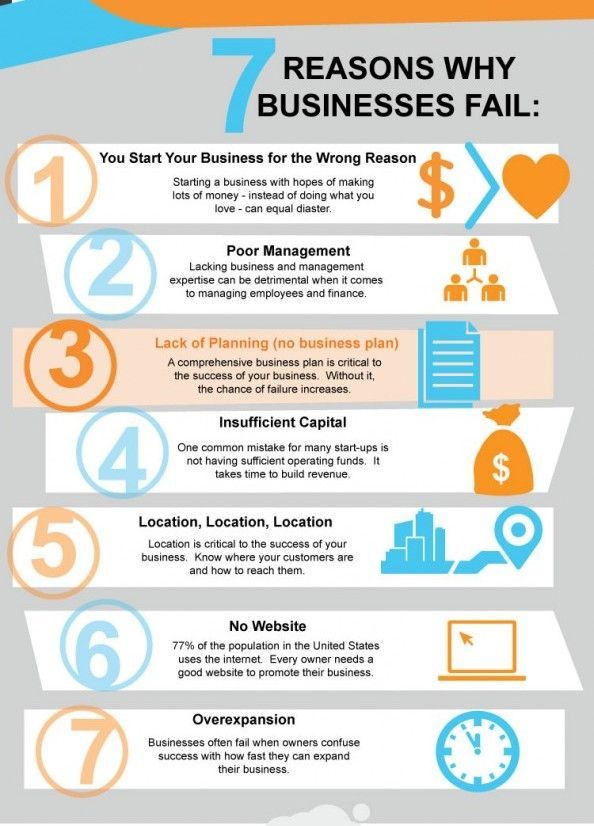 That is why the first marriage does not overshadow the next. Of course, there are those who stubbornly live the same scenario, but this does not happen often. The underlying hope of such marriages is to be with a partner forever. In these unions, there is an idea that one stable relationship is worth several dizzying novels. When you can understand this, marriage becomes deeper and more sensual - people do not neglect each other. It may take a few tries to get there.
That is why the first marriage does not overshadow the next. Of course, there are those who stubbornly live the same scenario, but this does not happen often. The underlying hope of such marriages is to be with a partner forever. In these unions, there is an idea that one stable relationship is worth several dizzying novels. When you can understand this, marriage becomes deeper and more sensual - people do not neglect each other. It may take a few tries to get there.
“Be who you want to be”
The idea that a second marriage is stronger than the first is based on the fact that partners have more life experience and it is easier for them to build mature relationships. Social psychologist Caryl Rasbalt called this the “Michelangelo phenomenon”: each partner does not remake the other to his liking, but helps him move towards his own ideal, become what he himself wants to become 8 . Young couples are more likely to behave differently: lisping, defending or attacking, confusing independence with arrogance.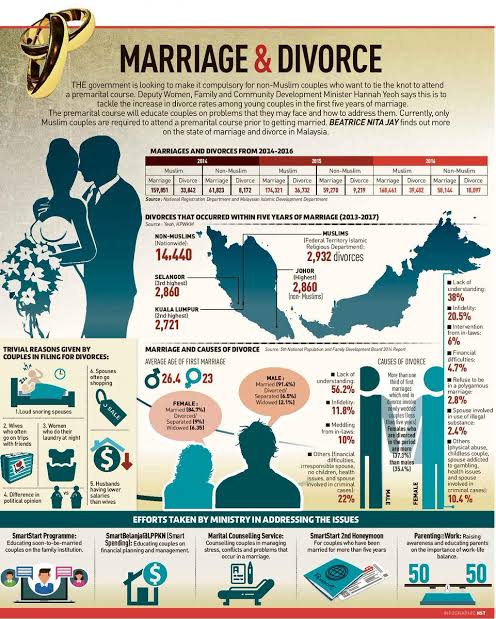 Fearing to lose the love of another, they limit his freedom, resort to manipulation. So the first marriage is doomed? Not at all. It is possible to overcome selfishness, to take care of the interests of another without breaking off relations, but both should participate in this work.
Fearing to lose the love of another, they limit his freedom, resort to manipulation. So the first marriage is doomed? Not at all. It is possible to overcome selfishness, to take care of the interests of another without breaking off relations, but both should participate in this work.
1 According to the Institute of Demography of the Higher School of Economics. “Population of Russia 2010–2011” (HSE Publishing House, 2013).
2 Z. Freud "Essays on the Psychology of Sexuality" (Potpourri, 2012).
3 A. Sinelnikov “The problem of the strength of large families” (Moscow State University, 2009).
4 Data from the French website about the family allowance system caf.fr
5 Z. Freud "On female sexuality". Inc. works in 26 volumes, v. 19 (East European Institute of Psychoanalysis, 2011).
6 F. Aries "A child and family life under the old order" (Ural University Press, 1999).


